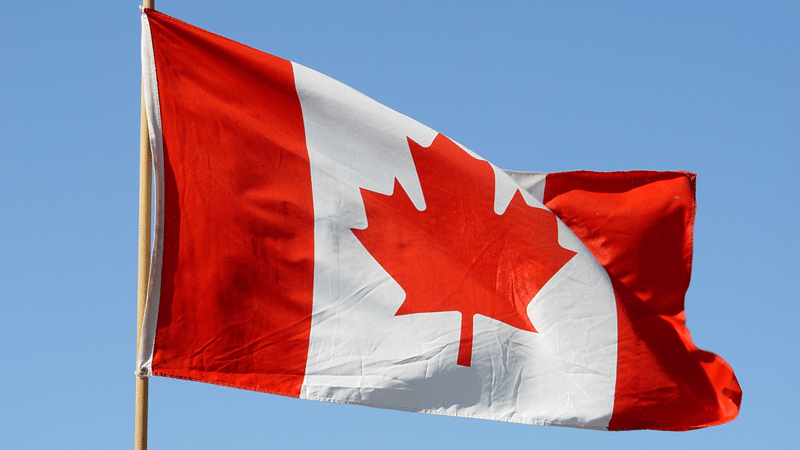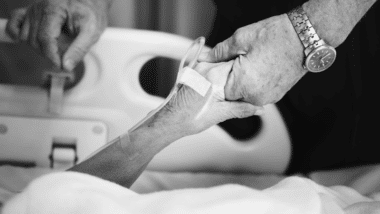Canada’s legalisation of euthanasia and assisted suicide has “clearly” led to a “slippery slope”, an ethicist has confirmed.
In ‘MAID’s slippery slope: a commentary on Downie and Schuklenk’, Dr Tom Koch of the University of British Columbia refuted an article claiming that the law did not inevitably lead “down a slope to an undesirable destination”.
From March 2021, those without a terminal illness, including the disabled, can be assisted to take their own lives. After March 2023, people will be allowed to access so-called Medical Assistance in Dying (MAID) solely on the grounds of mental illness.
‘Burden’
Dr Koch said that the slippery slope “is clearly evident” in the removal of safeguards resulting “in an expanding class of eligible persons and an ever increasing number of medically induced deaths”.
Reported cases of ‘MAID’ in Canada increased from 1,018 in 2016, to 21,589 in 2020. Last year, almost 36 per cent of patients seeking euthanasia or assisted suicide described their suffering as a “perceived burden on family, friends or caregivers”.
Dr Koch said that ‘MAID’ is seen as “the only alternative to suffering” for those without access to palliative care, and that pressure to ensure such care is provided has been removed by the euthanasia legislation.
‘Irresponsible’
Earlier this year, ethics professor Heidi Janz called the Canadian Government’s recent changes to the law “irresponsible and extremely unethical”.
Having grown up among other children with disabilities, she said that “we all knew that some of us would live longer than others. But we also knew that all of us would live with the best quality of life possible”.
Prof. Janz added: “What keeps me up at night is knowing that this is not the message the current generation of kids with disabilities is getting. Instead, they’re hearing about parents requesting MAID for their disabled kids.”
MSP: ‘Attack on end-of-life protections a return to dark and distant past’
One in five unresponsive brain injury patients may be ‘covertly conscious’


